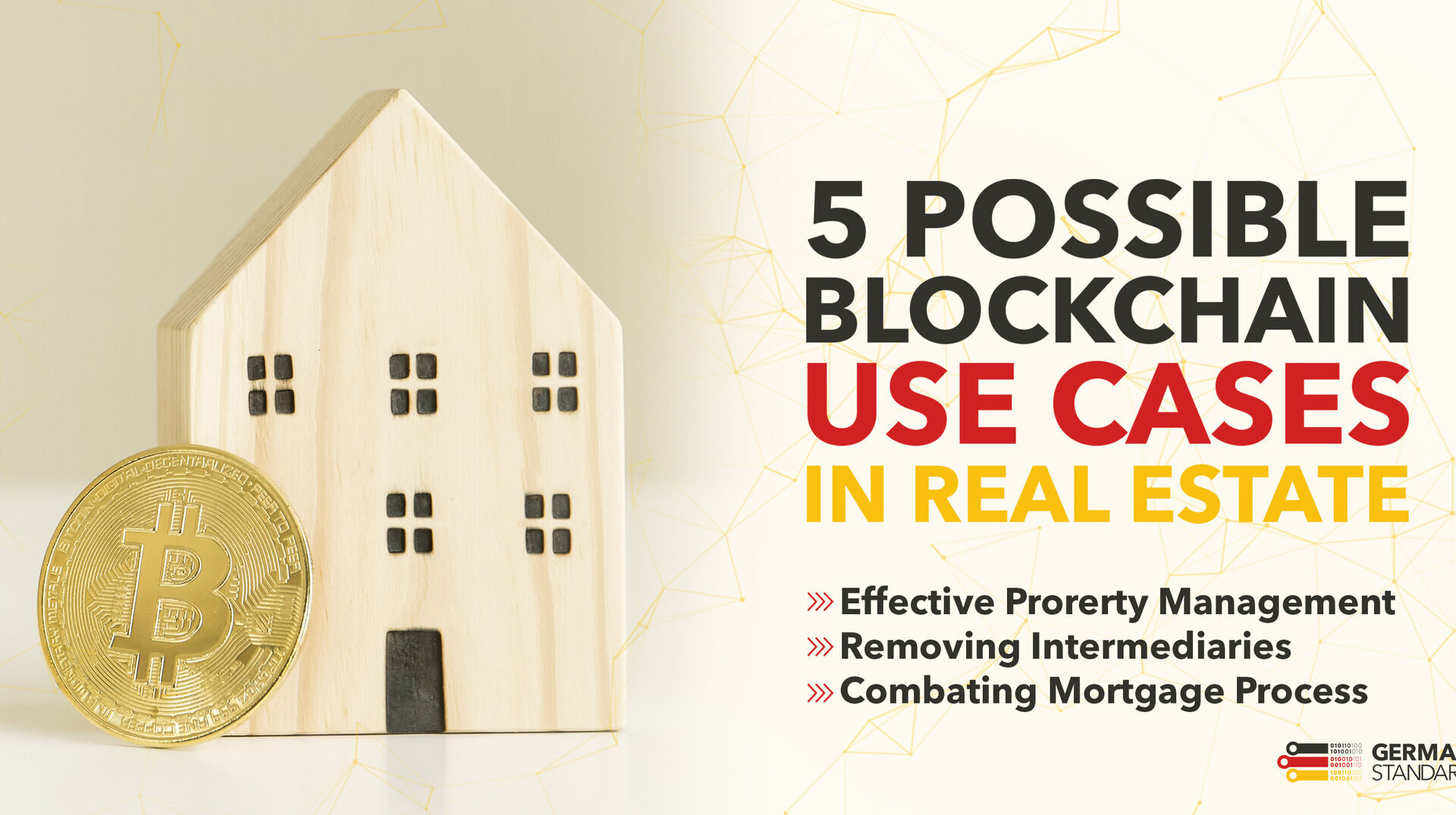While some prominent real estate companies are actively piloting blockchain initiatives, many others continue to ignore a plethora of benefits the technology brings.
Read on so that the news of the transformative opportunities of the real estate blockchain won’t fly under your radar.
#1 Effective Property Management
Large property management companies often have problems with poor oversight of their vast portfolio of real estate properties. The technology would facilitate secure data exchange, simplify rent payments and collections to owners and ensure good portfolio governance.
#2 Property Inspection Transparency
If homeowners would enter data on inspections and repairs into the public blockchain registry, this would curb home buying risks. Say, unexpected costs close to $10,000 for a new roof or around $6,000 for mold remediation.
#3 Removing Intermediaries
Followers of the tech believe the self-executing and self-verifying smart contracts will eventually eliminate the need for third parties and intermediaries, which want good money for their part in a real estate deal.
#4 Preventing Deed and Title Fraud
The stories when criminals use deed fraud and identity theft to sell property without the owner’s knowledge abound. A blockchain-based approach to registering property titles can make fraudulent deeds almost impossible because of an unmodifiable property transaction history and real-time verification of property ownership.
#5 Combating Mortgage Process
With immutable, shared repository of data, cryptographic access and signatures, blockchain could serve as a new mortgage fraud fighting tool. It would make loan origination less vulnerable to mismanagement and clutter associated with paper documentation.
Ready to move on blockchain? Contact us now for your free consultation.






